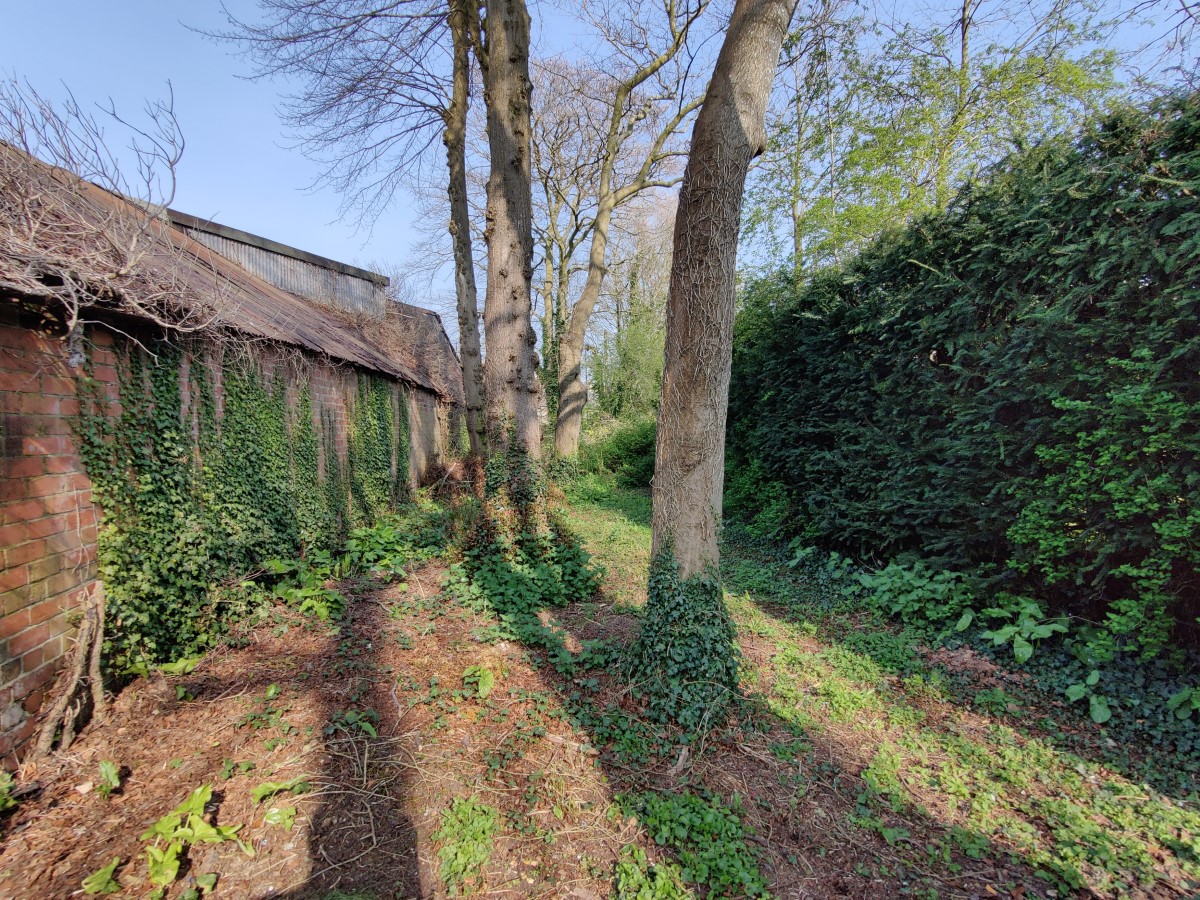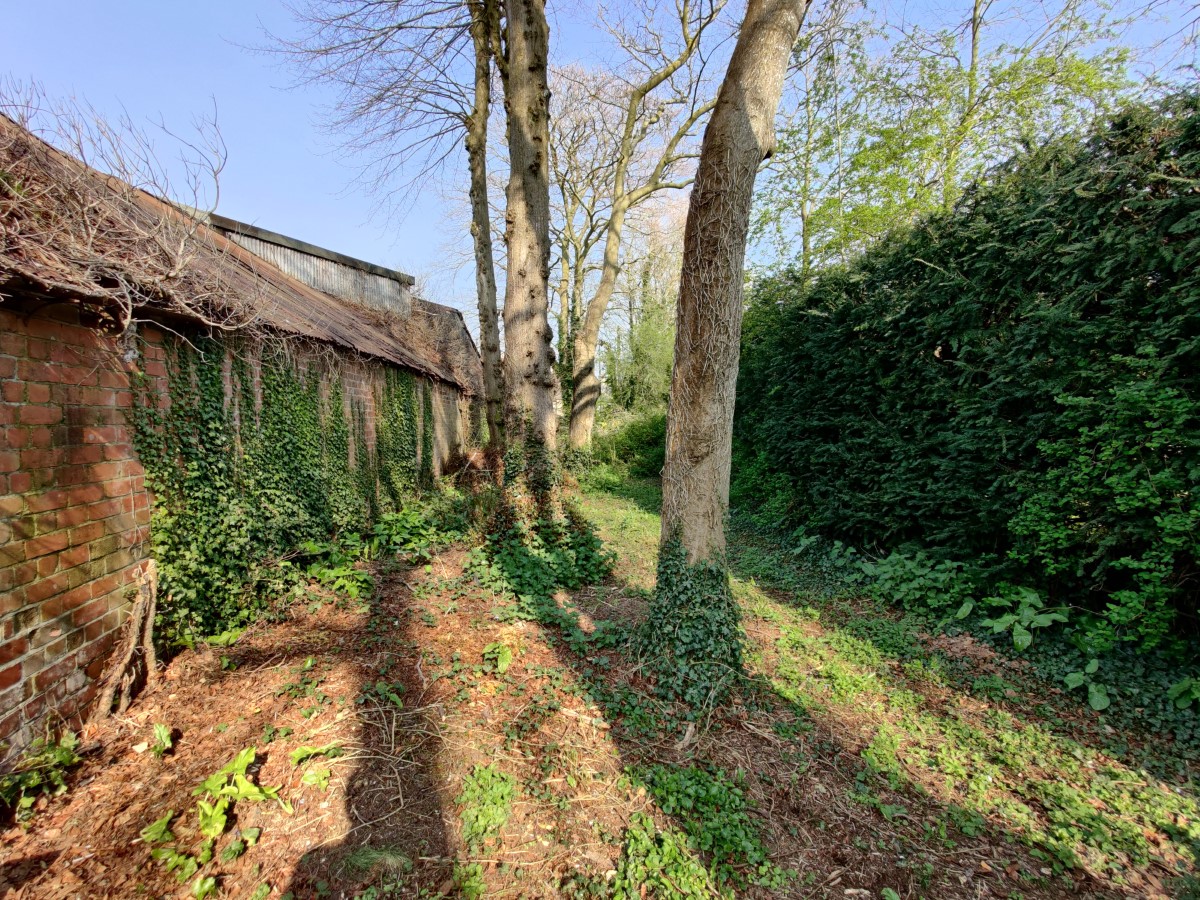
Last year, OnePlus’ move to release two models with the OnePlus 7 and 7 Pro caused a bit of a stir, especially given their limited regional availability. Some consumers missed out on the very best OnePlus experience, while others were compelled to break with the company’s more affordable roots.
Read our OnePlus 8 Pro review – Is the premium worth it?
Read our OnePlus 8 review – Does it still dominate the price range?
This time around, the OnePlus 8 and OnePlus 8 Pro arrive in the same regions, so customers have a tough choice to make about which handset they prefer. Even so, OnePlus has a job on its hands to please both sets of customers, as it makes a play for the more profitable high-end tier of the market. So let’s dive into the differences and figure out which one you should buy between OnePlus 8 Pro vs OnePlus 8.
OnePlus 8 Pro vs OnePlus 8: Specs and performance
| OnePlus 8 Pro | OnePlus 8 | |
|---|---|---|
| Display | 6.78-inch AMOLED 3,168 x 1,440 (19.8:9) 120Hz refresh rate In-display fingerprint sensor 3D Corning Gorilla Glass |
6.55-inch AMOLED 2,400 x 1,080 (20:9) 90Hz refresh rate In-display fingerprint sensor 3D Corning Gorilla Glass |
| Processor | Qualcomm Snapdragon 865 | Qualcomm Snapdragon 865 |
| RAM | 8GB / 12GB LPDDR5 | 8GB / 12GB LPDDR4X |
| Storage | 128GB / 256GB UFS 3.0 | 128GB / 256GB UFS 3.0 2-LANE |
| Cameras | Rear: 48MP, f/1.78, 1.12µm, OIS, EIS 8MP 3x telephoto, f/2.44, 1.0µm, OIS 48MP ultrawide, f/2.2, 119.7° 5MP color filter, f/2.4 Front: 16MP, f/2.45, 1.0µm, EIS, fixed focus |
Rear: 48MP, f/1.78, 0.8µm, OIS, EIS 2MP macro, f/2.4, 1.75µm 16MP ultrawide, f/2.2, 116° Front: 16MP, f/2.0, 1.0µm, EIS, fixed focus |
| Battery | 4,510mAh Warp Charge 30T (5V/6A) Warp Charge 30 Wireless |
4,300mAh Warp Charge 30T (5V/6A) |
| IP Rating | IP68 | None |
| Software | Oxygen OS Android 10 |
Oxygen OS Android 10 |
| Dimensions and weight | 165.3 x 74.35 x 8.5mm 199g |
160.2 x 72.9 x 8.0mm 180g |
At surface level, the two phones offer a similar baseline experience. They boast excellent AMOLED displays, although the Pro model has a faster 120Hz versus 90Hz refresh rate. Both look great but the Pro is a tad smoother scrolling through apps, although it’s an increasingly subtle difference at these frame rates.
There’s a fast Qualcomm Snapdragon 865 processor paired up with 8 or 12GB RAM and 128 or 256GB of storage with both models as well. The OnePlus 8 Pro model boasts faster LPDDR5 RAM, but our benchmarks show no performance difference between the two what so ever. Whether you’re gaming or just browsing the web, the OnePlus 8 series offers top-tier performance.
Day to day, the two handsets feel identical. Performance junkies needn’t worry about missing out if they don’t opt for the Pro model. These are two of the fastest phones on the market and there’s not an app you can throw at them they can’t handle. It’s only when you start diving into other features that we begin to see meaningful differences in the user experience.
With beefy performance and high refresh rate displays, you might be concerned about battery life. The 90Hz OnePlus 8 does offer longer screen-on time than the 120Hz 8 Pro. However, both handsets will easily get you through a full day of use without having to switch to 60Hz mode. That’s not something you can say about a lot of phones with high refresh displays on the market right now.
Extra features for a few more dollars

More meaningful differences can be found in the extra features packed into the OnePlus 8 Pro, as these are what justify the Pro model’s higher price.
The OnePlus 8 Pro is the first handset from the company with an official dust and water resistance rating, IP68. The OnePlus 8 remains unrated, but confusingly, this only applies to unlocked and international versions. The OnePlus 8 versions sold by US carriers are, in fact, rated IP68, just like the Pro model.
The more expensive phone also sports lightning-fast 30W wireless charging, although you’ll need to use a proprietary OnePlus WarpCharge dock to unlock the full speeds. That’s a bit more money you’ll have to throw OnePlus’ way to get your hands on its very best tech.
I can live without IP68 and wireless charging to save $200, but the Pro is built for consumers who love these premium features.
Both phones share a bunch of great features too though. There’s in-display fingerprint scanners, which work really well. The two models also sport 30W wired charging that will get you up and running again in just a few minutes. They sport WiFi 6 and 5G capabilities, with support for the same network bands.
With a very similar design, weight, and size, these two really are more similar than they are different. Until you get to the camera.
Cameras make a big difference

There are larger differences between the OnePlus 8’s and OnePlus 8 Pro’s camera setups. While both feature a high-resolution 48MP main sensor, the Pro boasts a 48MP ultra-wide sensor, 3x hybrid zoom, and a new color filter camera. Besides the main 48MP camera, the standard OnePlus 8 boasts a 16MP wide angle camera and a 2MP macro camera.
Despite the similar main sensors, the 8 Pro uses a Sony IMX689 sensor, while the standard 8 is based on the slightly older Sony IMX586. This produces some subtle differences, including a slightly cooler white balance and slightly improved detail with the OnePlus 8 Pro. But you really have to pixel-peep to notice. Unless you’re shooting in the dark, in which case the Pro’s IMX689 pulls further ahead.
- OnePlus 8 Pro – detail
- OnePlus 8 Pro – color
- OnePlus 8 Pro – ultra dark
- OnePlus 8 – detail
- OnePlus 8 – color
- OnePlus 8 – ultra dark
There’s a much more pronounced difference when it comes to zoom capabilities and the wide angle camera. For starters, the 8 Pro has a fractionally wider 119.7° field of view, versus 116° on the 8, but isn’t really any more distorted at the edges. The 48MP pixel-binned sensor helps capture more detail, less noise, and better dynamic range than the OnePlus 8’s wide angle camera.
 OnePlus 8 Pro - Wide OnePlus 8 - Wide
OnePlus 8 Pro - Wide OnePlus 8 - Wide

 OnePlus 8 Pro - 3x zoom crop OnePlus 8 - 3x zoom crop
OnePlus 8 Pro - 3x zoom crop OnePlus 8 - 3x zoom crop

When it comes to zoom quality, the OnePlus 8 Pro’s dedicated 3x hybrid zoom camera produces far superior results. The camera is even passable up to 5x in perfect conditions. The two phones are much more comparable at 2x though, as both rely on digital enhancements from the main sensor.
Personally, I don’t rate either the 8 Pro’s color filter or the 8’s macro camera very highly. Their detail levels are too low to make them something you’ll want to use regularly. For the occasional fun shot they’re passable, but are substantially below the quality of the phones’ other cameras.
- OnePlus 8 – Macro camera
- OnePlus 8 – Macro camera
- OnePlus 8 Pro – Photochrom
- OnePlus 8 Pro – Photochrom
Both the Oneplus 8 and OnePlus 8 Pro pack in flexible camera packages, although it’s still a bit disappointing to see them both quite reliant on heavy doses of processing. Shooting with the main camera is essentially the same between the two, at least until the lights go out. The OnePlus 8 Pro is certainly the more versatile though, thanks to its 3x zoom capabilities and superior wide angle camera. Even so, the OnePlus 8 will have most people well covered.
Don’t miss: The OnePlus 8 Pro’s color camera is little more than a gimmick
Which should I buy between OnePlus 8 Pro vs OnePlus 8?

The OnePlus 8 series attempts a delicate balancing act between pleasing loyal fans who want an affordable price point and a push into the more profitable premium tier of the market. I, and probably many others, can live without IP68 and wireless charging to save $200, while the Pro is built for consumers who love these premium features. In that sense, OnePlus succeeds in its mission to cater to both groups. Although I’m not 100% convinced by the camera setups.
You’ll get great pictures out of both main cameras, but the OnePlus 8’s wide and macro cameras are less compelling. The 8 Pro is clearly more competitive with the best shooters. But while other quad-camera phones target longer range zoom and super accurate bokeh, the OnePlus 8 Pro’s color filter camera seems tacked on. Almost like a gimmick to make up the numbers. Still, if you’re a OnePlus fan and want a highly flexible camera, stumping up for the Pro model is a good choice.
The OnePlus 8 certainly isn't cut down. Instead, the Pro model goes beyond the essentials.
This year’s OnePlus handsets offer 5G, outstanding performance, and best-in-class displays, regardless of which model you buy. This makes the standard OnePlus 8 very good value for money to cover your core smartphone experience. The Pro is really only worth the extra $200 if you need better, flexible cameras and regularly use wireless charging. If you want Verizon’s mmWave technology, you’ll be stuck with the standard model anyway.
What’s the better deal between OnePlus 8 Pro vs OnePlus 8? Let us know!
 Loading poll
Loading pollfrom Android Authority https://ift.tt/2yuiuDW
via IFTTT













0 comments:
Post a Comment